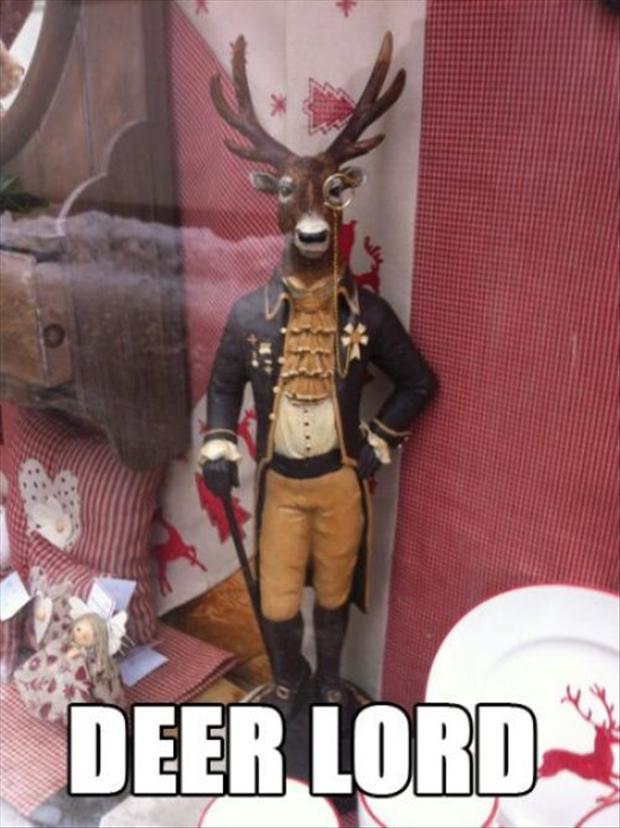PUN
The pun, also called paronomasia, is a form of word play which suggests two or more meanings, by exploiting multiple meanings of words, or of similar-sounding words, for an intended humorous or rhetorical effect.
Examples
“You can tune a guitar, but you can’t tuna fish. Unless of course, you play bass.”
“Sir Lancelot once had a very bad dream about his horse. It was a knight mare.”
“A small boy swallowed some coins and was taken to a hospital. When his grandmother telephoned to ask how he was, a nurse said, 'No change yet.'”
 Sink your teeth into a good book
Sink your teeth into a good book
Some history
Puns were found in ancient Egypt, where they were heavily used in development of myths and interpretation of dreams.
In China, Shen Tao (ca. 300 BC) used "shih", meaning "power", and "shih", meaning "position" to say that a king has power because of his position as king.
In ancient Iraq, about 2500 BC, punning was used by scribes to represent words in cuneiform.
The Maya are known for having used puns in their hieroglyphic writing, and for using them in their modern languages.
In Japan, "graphomania" was one type of pun.

ZEUGMA
A zeugma is an interesting device that can cause confusion in sentences, while also adding some flavor.
Also, a zeugma is a figure of speech where a word applies to multiple parts of the sentence. In the above example, it has a dramatic effect. However, sometimes the attempted use of a zeugma can be confusing.
Examples:
You held your breath and the door for me.
He lost his coat and his temper.
Mr. Pickwick took his hat and his leave.
IRONY
A person using irony may use certain words and actually mean the opposite of what those words normally mean, one may appear to support someone or something while at the same time making it clear that one is actually criticizing or revealing the contradiction in the other person's behavior.
There are three types of irony:
Verbal Irony
This is the simplest form of irony, in which the speaker says the opposite of what he or she intends. There are several forms, including euphemism, understatement, sarcasm, and some forms of humor.
Situational irony
This is when the author creates a surprise that is the perfect opposite of what one would expect, often creating either humor or an eerie feeling.
Dramatic irony
Dramatic Irony is when the reader knows something important about the story that one or more characters in the story do not know.
Examples:
One of the identical twins says to the other, "You're ugly!"
I saw a fish drowning.
Many things can be preserved in alcohol. Dignity is not one of them.
Never argue with a fool. People might not know the difference.
Marriage is the leading cause of divorce.
MALAPROPISM
A grotesque misuse of words, a substitution of one word for another based on a blunder. Malapropism creates a funny change of meaning.
Examples:
Their business was very successful, and they were making money hand over foot. (The correct expression to use here is "hand over fist".)
It's dirty work, so you will want to wear overhauls. (The correct word is "overalls".)
The secret was weighing her down, like a milestone around her neck.
http://examples.yourdictionary.com/examples/examples-of-zeugma.html
http://en.wikipedia.org/wiki/Stylistic_device
http://en.wikipedia.org/wiki/Pun
http://www.buzzle.com/articles/pun-examples.html
